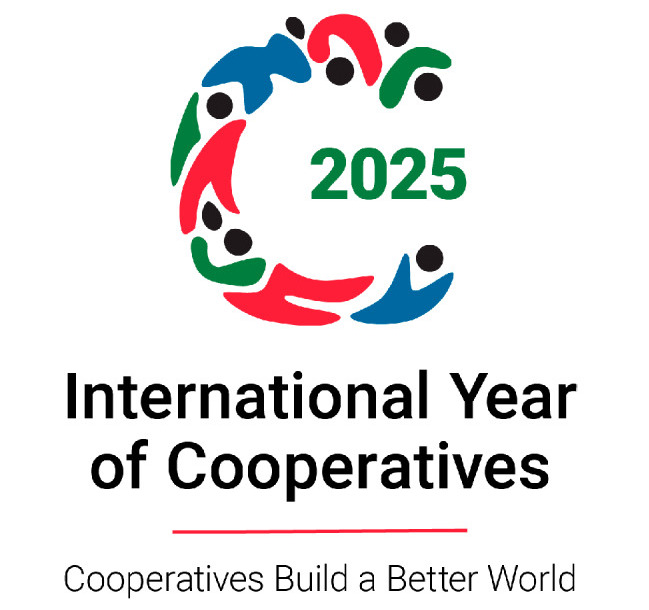What Are Cyclones?
Cyclones are powerful, rotating systems of clouds and thunderstorms that originate over warm tropical oceans and have a well-defined circulation. They are characterized by strong winds, heavy rains, and can lead to dangerous storms and flooding. Depending on the region, cyclones are called hurricanes (Atlantic Ocean, Eastern Pacific), typhoons (Western Pacific), and cyclones (Indian Ocean).
Cyclones form over warm ocean waters, typically in tropical or subtropical regions, and gather strength as they move over the water. They are classified into different categories based on their wind speed and intensity, such as tropical depression, tropical storm, and severe cyclonic storm.
-
Cyclones in Goa:
Goa, a coastal state on the western coast of India, is susceptible to cyclones, especially during the monsoon season, which lasts from June to September. Cyclones that develop in the Arabian Sea can bring heavy rainfall, strong winds, and high tides to Goa. The state is most at risk of cyclones during the months of June to November, when the monsoon winds and sea conditions are conducive to the formation of cyclones.
-
Some cyclones in recent history that affected Goa include:
Cyclone Ockhi (2017): One of the most severe cyclones to impact the western coast, affecting Goa with heavy rainfall, strong winds, and casualties.
Cyclone Tauktae (2021): Though it was stronger and affected other parts of India, Goa also faced heavy rains and winds.
Dangers of Cyclones
Cyclones pose several dangers, including:
-
Strong Winds:
Cyclones produce winds that can reach speeds of over 200 km/h, which can cause widespread damage to buildings, trees, power lines, and vehicles.
-
Heavy Rainfall and Flooding:
Cyclones often bring intense rainfall, leading to flash floods and landslides in hilly areas. In coastal regions like Goa, this can result in storm surges and water inundation.
-
Storm Surges:
The rise in sea level caused by a cyclone’s winds can result in flooding of coastal areas, submerging homes and infrastructure.
-
Tornadoes and Water Spouts:
Cyclones can also cause tornadoes and water spouts, which add to the destruction.
Know Your Risk
Understanding your risk from a cyclone depends on several factors:
Location: Coastal areas like Goa are more vulnerable to cyclones than inland areas. Proximity to the coast increases the risk of storm surges and flooding.
Elevation: Low-lying coastal areas are at a higher risk of flooding during cyclones. Elevated areas may be safer but still prone to strong winds and rainfall.
Building Resilience: Buildings that are not structurally sound or lack proper safety measures (such as reinforced windows and roofs) are more vulnerable to cyclone damage.
Storm Intensity: Cyclones vary in intensity. A severe cyclone with wind speeds of over 120 km/h can cause significant destruction, while a weaker storm may cause only localized flooding or minor damage.
Cyclone Alerts and Warnings
In India, the India Meteorological Department (IMD) issues alerts and warnings based on the severity and predicted path of cyclones. Cyclone warnings help residents prepare for the impending storm. These warnings include:
Cyclone Watch: An alert issued when a cyclone is expected to develop in the region. It usually comes several days in advance, allowing authorities and residents time to prepare.
Cyclone Warning: Issued when a cyclone is likely to make landfall within the next 24-48 hours. This provides more specific information on the expected impact and severity.
Cyclone Alert: Issued when a cyclone is expected to reach the coast in 12-24 hours, urging immediate preparations.
Post-Cyclone Warning: Issued after the cyclone has passed, to provide information about the storm's impact, recovery efforts, and ongoing risks like flooding.
-
How to Stay Informed:
Follow IMD Alerts: Regularly check the official website of the India Meteorological Department (IMD) for cyclone warnings, advisories, and updates. They provide live updates on cyclonic conditions, forecasts, and the storm’s predicted path.
Radio and TV Broadcasts: Stay tuned to local radio and television broadcasts for real-time updates during a cyclone.
Social media: Follow trusted sources like IMD's social media handles (Twitter, Facebook) for live updates.
Mobile Apps: Download apps like the Meghdoot app or IMD’s weather app for push notifications regarding cyclone updates.
Disaster Management Alerts: Pay attention to alerts from local authorities or the National Disaster Management Authority (NDMA) for evacuation instructions and safety measures.
Dos and Don’ts During a Grass Fire
-
Do’s:
-
Prepare Your Home:
-
Secure windows and doors with shutters or wooden boards.
-
Remove any loose items (e.g., outdoor furniture, plants) that could be blown away.
-
Stock up on essentials such as water, non-perishable food, medications, flashlights, and batteries.
-
Evacuate if Needed:
-
Follow local authorities' evacuation instructions if you live in a flood-prone area.
-
Go to a designated cyclone shelter or a safe, elevated area away from the coast.
-
Stay Indoors:
-
Stay indoors during the cyclone, away from windows and doors.
-
Take shelter in a strong room or basement if possible.
-
Monitor Official Alerts: Stay informed through the IMD and local government alerts. Keep your mobile devices charged.
-
Help Neighbours: Assist elderly or vulnerable neighbours in preparing for the cyclone and evacuating if necessary.
-
Don’ts:
-
Do Not Stay Near the Coast: Avoid going near the sea, beaches, or rivers during a cyclone, as storm surges can cause flooding and strong currents.
-
Do Not Travel: Avoid traveling during a cyclone. Roads can become dangerous due to flooding and debris, and downed power lines can pose a threat.
-
Do Not Ignore Alerts: Never ignore official warnings. Always take immediate action, even if the cyclone seems far away.
-
Do Not Use Electrical Appliances: Turn off electrical appliances, as power outages and flooding can cause electrical hazards. Avoid using electrical appliances during heavy rain or storms.
-
Do Not Go Outside After the Cyclone: Wait for official clearance before leaving your home, as the storm may have caused structural damage or downed power lines, posing hidden dangers.
-
Conclusion
Cyclones are powerful natural events that can cause significant damage, especially in coastal areas like Goa. Understanding the risks, staying informed through reliable sources, and following appropriate safety measures can help minimize harm during a cyclone. Always prioritize safety by preparing in advance, staying indoors during the storm, and following official instructions.
Contact Us
📧 Email: dir[hyphen]fire[dot]goa[at]nic.in
(+91) 7391047132 101 / 112
2225500 / 2423101 / 2425101 / 2455400




